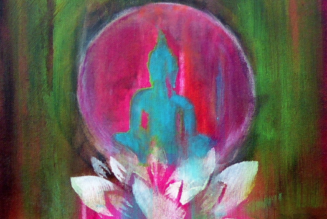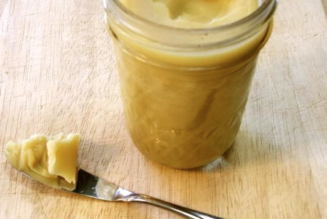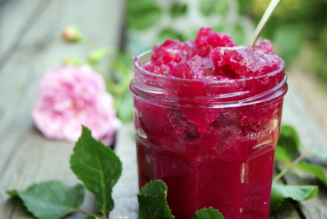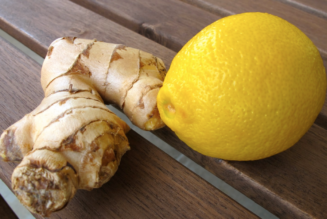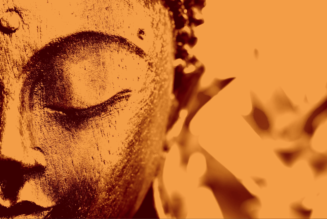What The Heck Are Doshas?
Disease doesn’t just suddenly appear. After all, having good health for the most part is the result of developing a healthy lifestyle. Similarly, disease can be likened to a seed. If the seed is cultivated by unhealthy habits then the seed will soon manifest into a full-blown disease. According to Ayurveda, illness is often the result of a long process which can actually be detected during early stages and therefore can often be prevented. Also, from a holistic perspective, it’s important to determine the causative factors and resolve them rather than just suppressing the symptoms through medications. In order to do so, we must first investigate into possible causes from which diseases originate from and finally help to establish balance using basic principles using the ancient wisdom of Ayurveda.
“Health results from the natural, balanced state of the doshas.
Therefore, the wise try to keep them in their balanced state.”
– Charaka Samhita
Ayurvedic Body Types – Vata, Pitta & Kapha.
The Doshas
Each of the three doshas are present throughout the body. They govern our physiology and all activities of the body, mind, and emotions. An important principle to consider regarding the cause of disease from an Ayurvedic perspective is “like increases like”.
“Like Increases Like”
This principle of ‘like increases like’ clearly explains that if one of your doshas [vata, pitta, or kapha] becomes imbalanced then it’s likely that you will experience symptoms which directly reflect a particular quality belonging to the imbalanced dosha.
Vata Dosha
Movement, motion and flow are always occurring in all parts of our body at every moment. This movement is thought to be under the guidance of vata dosha. Vata dosha is characterized by qualities such as:
- Dry
- Light
- Cold
- Rough
- Mobile
Like Increases Like …
Vata dosha may become aggravated by similar qualities. For example, eating large quantities of dry food, dry nuts, cold food, or even certain prolonged activities with excess movements such as jogging, running, and rushing about may lead to vata imbalances within the body. Vata imbalances can manifest as irregular digestion, anxiety and worry, insomnia, and various other conditions.
Vata-Balancing Supplements
Tips, products, recipes, spices, aromatherapy, massage oils & more!!
Balancing Vata Dosha:
Therefore, in order to balance vata dosha, you may want to consider the following:
- eat more warm, brothy and easily digestible foods
- eat at regular times to help promote balance in life
- avoid stimulating foods [i.e. coffee, tea, tobacco and spicy foods]
- avoid foods which are dry, cold, and light
- consider eating more ‘healthy oils’ [ghee, flax, hemp, sesame]
Pitta Dosha
Pitta dosha is involved with metabolism at every level of the body. For example, all transformations at the organ, tissue, and cellular level are all governed by the principle of pitta dosha. Pitta dosha is characterized by qualities such as:
- Hot
- Sharp
- Light
- Liquid
- Oily
Like Increases Like …
Pitta dosha may become aggravated by similar qualities as well. For example, eating hot and spicy food, fermented food, citrus fruit, and working in hot humid conditions can all increase and provoke pitta dosha. Pitta imbalances in the body may manifest as acidity, irritability, inflammation, fever, nausea and various other conditions.
Pitta-Pacifying Herbal Supplements
Tips, products, recipes, spices, aromatherapy, massage oils & more!!
Balancing Pitta Dosha:
Therefore, in order to balance pitta dosha, you may want to consider the following:
– Eat foods which are cool and refreshing
– Avoid foods which are sour, salty, pungent and spicy
– Dairy milk, butter, and ghee are often beneficial for pacifying pitta
– Drink more water and consider aloe vera to help cool down pitta
Kapha Dosha
Every cell, tissue, and organ system are involved with providing structure to the body. The process of creating structure involves building, maintenance, and repair – which are all under the principle of kapha dosha. Kapha dosha is characterized by qualities such as:
- heavy
- dull
- cool
- oily
Like Increases Like …
Kapha dosha may become aggravated by similar qualities as well. For example, kapha types are vulnerable to cold, moist, slow and heavy characteristics which may manifest as a slow and sluggish digestion, weight gain, congestion, edema, and poor circulation.
Kapha-Balancing Supplements
Tips, products, recipes, spices, aromatherapy, massage oils & more!!
Balancing Kapha Dosha:
Therefore, in order to balance kapha dosha, you may want to consider the following:
- Wake up early, be active and consider exercise daily
- Avoid sedentary lifestyle and daytime sleeping
- Avoid cold drinks and instead consider warm and spicy food and hot drinks
- Eat fresh raw vegetables to help balance the oily nature of kapha
- Consider drinking hot water mixed with small amounts of honey
Want More?
The saints of Ayurveda observed how the elements are involved in the different seasons and times of day. They brought to light the importance of understanding this in order for us to prevent imbalance and disease. Therefore, click below to learn how to become more in-tune with nature throughout the various seasons of the year.
Seasons In The Light Of Ayurveda
Learn how to keep your doshas balanced throughout the seasons!!
Disclaimer
The sole purpose of these articles is to provide information about the tradition of ayurveda. This information is not intended for use in the diagnosis, treatment, cure or prevention of any disease. If you have any serious acute or chronic health concern, please consult a trained health professional who can fully assess your needs and address them effectively. If you are seeking the medical advice of a trained ayurvedic expert, call or e-mail us for the number of a physician in your area. Check with your doctor before taking herbs or using essential oils when pregnant or nursing.

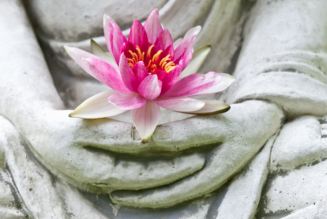
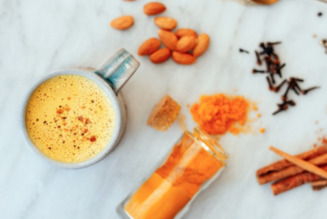
![Female Health: Amenorrhea [cessation of menses] – An Ayurvedic Perspective](https://healthyayurveda.com/wp-content/uploads/2015/07/1.-Amenorhea--327x219.png)
